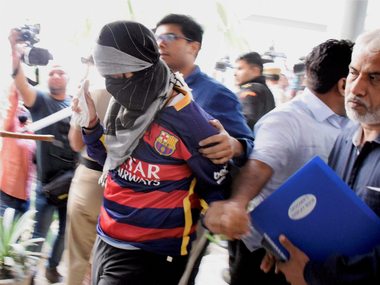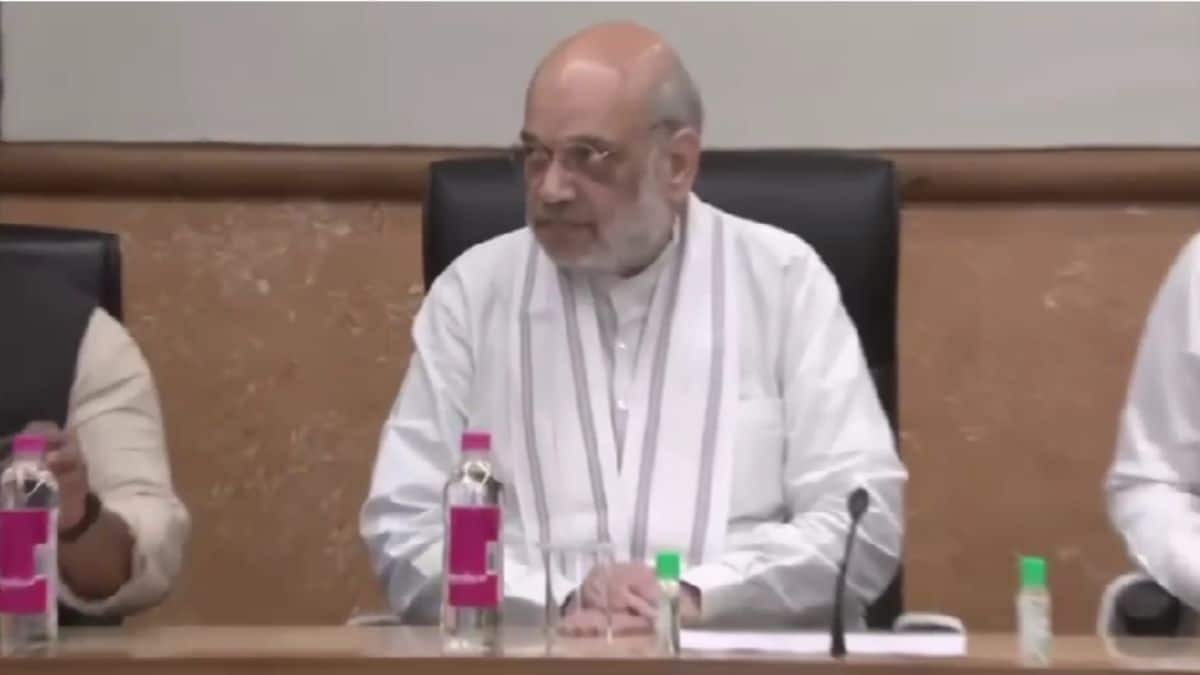In a controversial decision,
the Juvenile Justice Board (JJB) on 20 December stated that the 16-year-old teenager accused of killing Pradyuman Thakur, a seven-year-old boy, on the premises of Ryan International School will be criminally tried as an adult. The JJB had also rejected the bail plea of the teenager last week. The decision of the Board was based on the recommendations of a committee comprising of a psychologist from PGI Rohtak. The committee prepared a report on the behavioural, sociological and psychological aspects of the juvenile and this formed the backbone of the Board’s pronouncement. The Board recognised that the accused was mature enough to understand the consequences of his actions. Pradyuman’s killing is deemed to be a heinous offence as it falls under Section 302 of the Indian Penal Code, that provides for imprisonment for life or death. Heinous offences are those that are punishable by imprisonment of seven years or more. [caption id=“attachment_4224223” align=“alignleft” width=“380”] File image of the Class XI student apprehended in connection with the Pradyuman murder case. PTI[/caption] Pradyuman was brutally killed on the premises of Ryan International School on 8 September. Initially, the police had booked a bus conductor but when the CBI took over the case, it found out that the juvenile had slit Pradyuman’s throat. Sandeep Aneja, the juvenile’s counsel, states that he had committed the crime to postpone exams. “This shows how immature the juvenile was, which is why he shouldn’t be treated as an adult,” Aneja said. A review of the Board’s decision brings two questions to mind. Firstly, does India have the systems to implement the Juvenile Justice Amendment of 2015? Secondly, and more importantly, is it ethical to try children as adults given India’s ratification of the United Nations Convention on the Rights of the Child? To answer the first question, it is imperative to understand that lines between juvenile and adult justice systems have increasingly blurred since the Juvenile Justice Amendment Act, 2015 came into force. In fact, the JJ Board is able to take such a decision in the Ryan International School case at this juncture because of this amendment. The amendment of 2015 allows children aged between 16 to 18 years and in conflict with the law to be tried as adults in cases of heinous offences. It came into force from 15 January, 2016. The amendment replaced the JJ Act of 2000 which had a “
reformative approach towards juveniles under 18 years, irrespective of the severity of their crime”. Under the amended laws, juveniles between 16 to 18 years of age, who the JJB finds guilty of heinous crimes through a preliminary inquiry, will be sent to a children’s court that can pronounce him/her guilty. Thereafter, the juvenile is detained in a “place of safety” until they turn 21. If the juvenile has not been reformed by the age of 21, they can be sent to jails that house adults. However, the law does not define the monitoring and evaluation for understanding the reformation of juveniles – a yardstick significant as it decides whether the juvenile can be sent to an adult jail after attaining the age of 21. Secondly, most Indian states do not have a designated borstal (place of safety) and use regular jails to house juveniles. When India passed the Juvenile Justice Act, 2000, the idea was to create a system for justice for juveniles where persons up to the age of 18 would not be subjected to imprisonment, an important part in the adult justice system, but go through community service, counselling, admonition or be sent to a remand home. This
approach of the Act was founded on the doctrine of parens patriae, where the state assumes the role of a parent, in order to allow flexibility in criminal laws, where the emphasis is on the diagnosis of the child’s character and lifestyle, instead of on the crime committed. It also adhered to the jurisprudential values of the ‘best interests of the child’ doctrine. However, JJ Amendment, 2015, as well as the verdict of the JJ Board in the present case, completely upturn these principles when the juvenile is tried as an adult. When the lines between juvenile and adult justice systems are blurred to this extent, the welfare of the child is no longer the priority of the state. Trying a child as an adult is based on the assumption that the child has the knowledge of wrongfulness and understands the magnitude of his/her misconduct, but the development of a child’s psyche is complex and should not be reduced to the arbitrariness of a JJ Board. Moreover, the Indian criminal system is not equipped to handle the nuances of a reformatory mechanism that the JJ Amendment of 2015 brings forth. There are not enough institutional changes to introduce the existence of “places of safety”. In 2016,
Anant Asthana, a juvenile law expert, stated that in states such as Odisha, Rajasthan, Jharkhand and Chattisgarh, juveniles are sent to regular jails, since these states did not set up borstals. The current framework in India does not provide a rehabilitative atmosphere for juveniles who are then tried as adults, thereby defeating the purpose of the juvenile justice system. Secondly, according to the United Nations Convention on the Rights of the Child,
all state parties are required to “recognise the right of every child accused of a crime to be treated in a manner consistent with the promotion of the child’s sense of dignity and worth, which reinforces the child’s respect for the human rights and fundamental freedoms of others and which takes into account the child’s age and the desirability of promoting the child’s reintegration and the child’s assuming a constructive role in society.” Moreover, the International Covenant on Civil and Political Rights, to which India is a state party, requires all proceedings against juveniles to take into account their age and the desirability of promoting their rehabilitation. By declaring juveniles to be tried as adults, India is in contravention of several internationally accepted juvenile justice standards including the Beijing Rules (the United Nations Standard Minimum Rules for the Administration of Juvenile Justice), the Havana Rules (the United Nations Rules for the Protection of Juveniles Deprived of their Liberty), the Riyadh Guidelines (the United Nations Guidelines for the Prevention of Juvenile Delinquency) and the Economic and Social Council Guidelines for Action on Children in the Criminal Justice System. So, by declaring that the teenager in the Ryan International School case be treated as an adult, the Indian criminal justice system is violating the juvenile’s rights and this shows its reluctance to use policy to recognise the deeper issues in society that contribute to criminal behavior in children, and form a rehabilitation framework for juveniles in conflict with the law.
By declaring that the teenager in Ryan International School case be treated as an adult, the Indian criminal justice system is violating juveniles’ rights.
Advertisement
End of Article


)

)
)
)
)
)
)
)
)



